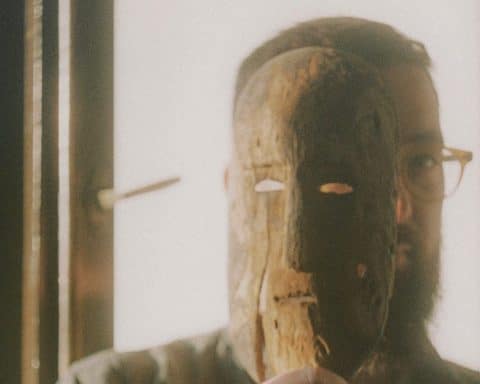 Ben Hoban is a GP in Exeter
Ben Hoban is a GP in Exeter
I have to confess to mixed feelings on hearing that GPs will be invited to refer patients directly for radiological investigation of symptoms possibly due to cancer.1 If you have cancer, it’s usually better for it to be diagnosed early, and if poor GP access to imaging prevents this, then the change is welcome. Perhaps it’s not quite that simple, though. Firstly, we’re already in a position to investigate anyone with at least a 3% risk of having cancer by referring them to a two-week-wait service: the obvious conclusion is that we’re being encouraged to lower the threshold for investigation beyond this. If we accept that clinically obvious tumours are relatively rare and may be too advanced for treatment to be successful, then it certainly makes sense to look for those at an earlier stage, presenting with milder and more non-specific symptoms. The problem of course is that mild and non-specific symptoms are widespread in the general population, so the Number Needed to Scan would be large.2
…we’re already in a position to investigate anyone with at least a 3% risk of having cancer by referring them to a two-week-wait service…
If seeing patients once and referring them for imaging means they don’t need to keep coming back for review, then early investigation offers advantages to busy GPs and busy patients alike, but given the tendency of any test to throw up results of unclear significance, wouldn’t we simply be delegating the management of uncertainty en masse to radiologists?
The subtext is also that general practice is just an outpost of hospital medicine, in which each symptom is linked by an invisible thread to a disease, as if the only purpose of listening to patients were to grasp this thread and follow it back to its origin. The Commons Health and Social Care Committee has cottoned on to the fact that continuity of care is a good thing because it’s associated with better outcomes like early diagnosis, and the level of continuity in a practice may one day be monitored alongside cervical smear uptake.3 In this case we face the prospect of being held simultaneously over the twin barrels of biomedical efficiency and relational care.
…given the tendency of any test to throw up results of unclear significance, wouldn’t we simply be delegating the management of uncertainty en masse to radiologists?
The point of relational care, though, is surely not just that it is a more efficient way of diagnosing disease, but that it engages with both the humanity and the nebulousness of so many of our encounters with patients. The outcome of looking after people is sometimes just that they were looked after. In the same way as medicines have long been recognised to have a context-dependent effect irrespective of their active ingredients, so a certain amount of our activity is symbolic, communicating an important message: I am doing something for you because you are a person, just as I am a person, and it’s my privilege to help you. We often inadvertently communicate other messages too: the world is a terrifying place in which disease and death are never far away, but by being sufficiently vigilant and persistent, it’s possible to avoid both; your story may seem meaningful to you, but its only value lies in the diagnostic clues it contains, which you are unqualified to interpret; even though I am a doctor, I can’t make sense of what you’re telling me, so you’re probably lying. We regularly see patients who have had a huge amount of medical input, without ever having felt helped.
We have reached a point where statistical analysis of aggregated patient data allows us to risk manage individuals who would never consider themselves ill, such that the only well people may end up being those who haven’t yet been sufficiently investigated.4 Do we prioritise the ever-earlier diagnosis of disease, or the needs of patients looking for help to navigate the uncertainties of life and make sense of their personal experience of illness? Nobody wants to die of cancer, but should we expect patients to trust a faceless system which values only the length of their life rather than its significance? On one level, Medicine always fails; death is inevitable. There is another level, though, on which general practice, like palliative care, can always help despite this.
Open-access scans may help GPs work more effectively, but let’s be wary of drinking too deeply from this cup.
References
- All GPs to receive direct access to cancer tests – BBC News
- McAteer A, Elliott A & Hannaford P, Ascertaining the size of the symptom iceberg in a UK-wide community-based survey, BJGP 2011;DOI: 10.339911X548910
- The future of general practice (parliament.uk)
- Clifton K. Meador, The Last Well Person, NEJM 1994; 330:440-441 DOI: 10.1056/NEJM199402103300618
Featured Photo by Birmingham Museums Trust on Unsplash






